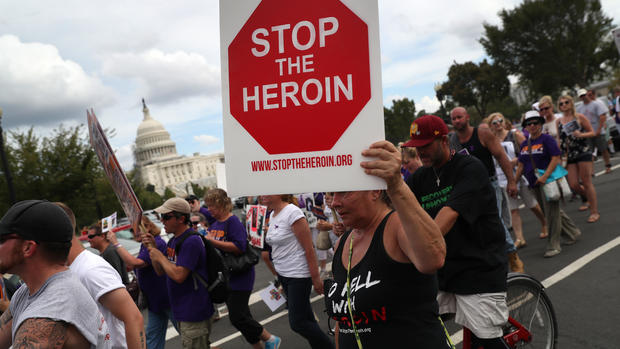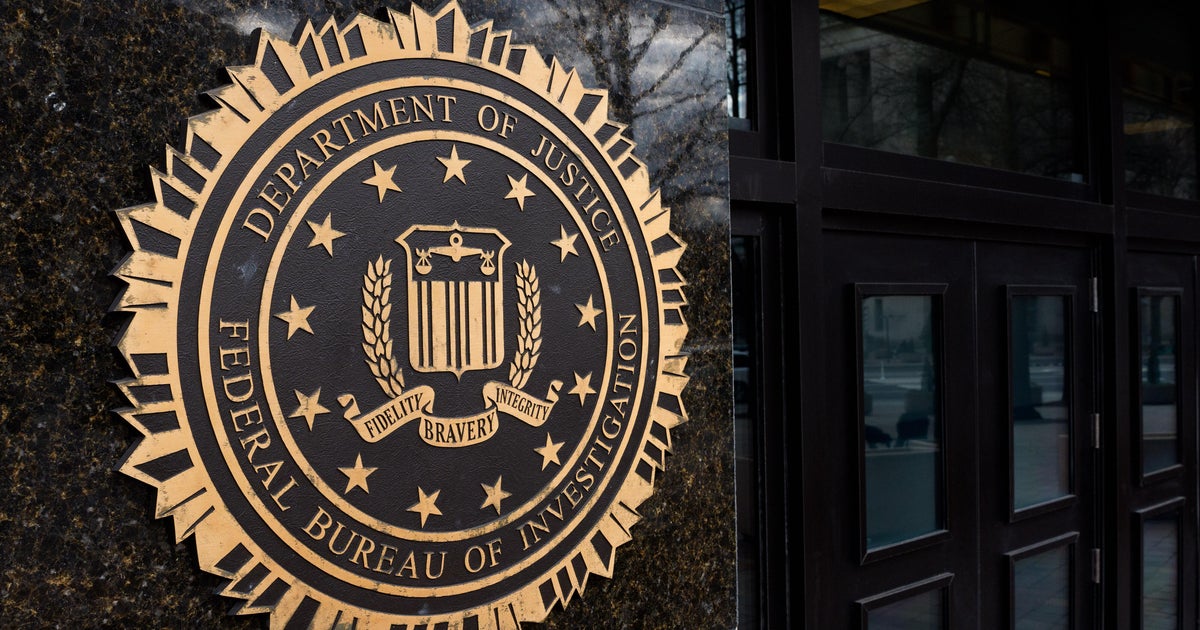Christie says it's "not good" that Trump hasn't declared opioid emergency
New Jersey Gov. Chris Christie said Tuesday "it's not good" that President Donald Trump has yet to declare the opioid crisis a national emergency.
Trump appointed the fellow Republican to chair his opioid commission, whose signature recommendation was an emergency declaration.
Christie said Tuesday that the commission's recommendations are "lessened" without the declaration, but he says it's too soon to say whether not declaring one has made things worse.
"I think the problem is too big to say that if he had declared an emergency two months ago that it would make a significant difference in two months," Christie said. "But I would also say you can't get those two months back. And so it's not good that it hasn't been done yet."
The commission contends the declaration is needed to empower the Cabinet to address the crisis and force Congress to focus on funding agencies to address overdose deaths. Trump already has said the crisis amounts to an emergency, but the White House has described the declaration usually reserved for natural disasters as an "involved process."
A White House spokesperson didn't immediately respond to an email seeking comment Tuesday.
Christie echoed earlier comments on Tuesday, saying the administration has told him the "legal" issues are involved, but he said he didn't push for further details. He did, though, add that the opioid crisis is different from a natural disaster — such as a storm — because the drug crisis doesn't have an endpoint.
The White House commission that Christie chaired estimated about 142 deaths each day from drug overdoses mean the death toll from the epidemic is "equal to September 11th every three weeks. The U.S. Centers for Disease Control and Prevention found that in 2015, they killed more than 52,000 Americans.
Christie on Tuesday also unveiled a series of recommendations from a state commission, including allowing emergency medical technicians to use more of the overdose drug naloxone to treat people overdosing from fentanyl.
The antidote is capped at 2 milligrams under current regulations but officials report they need 4 milligrams to successfully revive people from fentanyl overdoses, Christie said.
He said the changes wouldn't likely require legislation and he expects most of them to be done administratively. He said he doesn't expect them to carry any cost beyond the roughly $200 million in anti-opioid initiatives he rolled out in September.
The 26-page report stems from a January executive order declaring opioid addiction a public health crisis. Its members included state Cabinet officials and was chaired by Charles McKenna, who is the CEO of New Jersey's Schools Development Authority and a former chief counsel to Christie.




